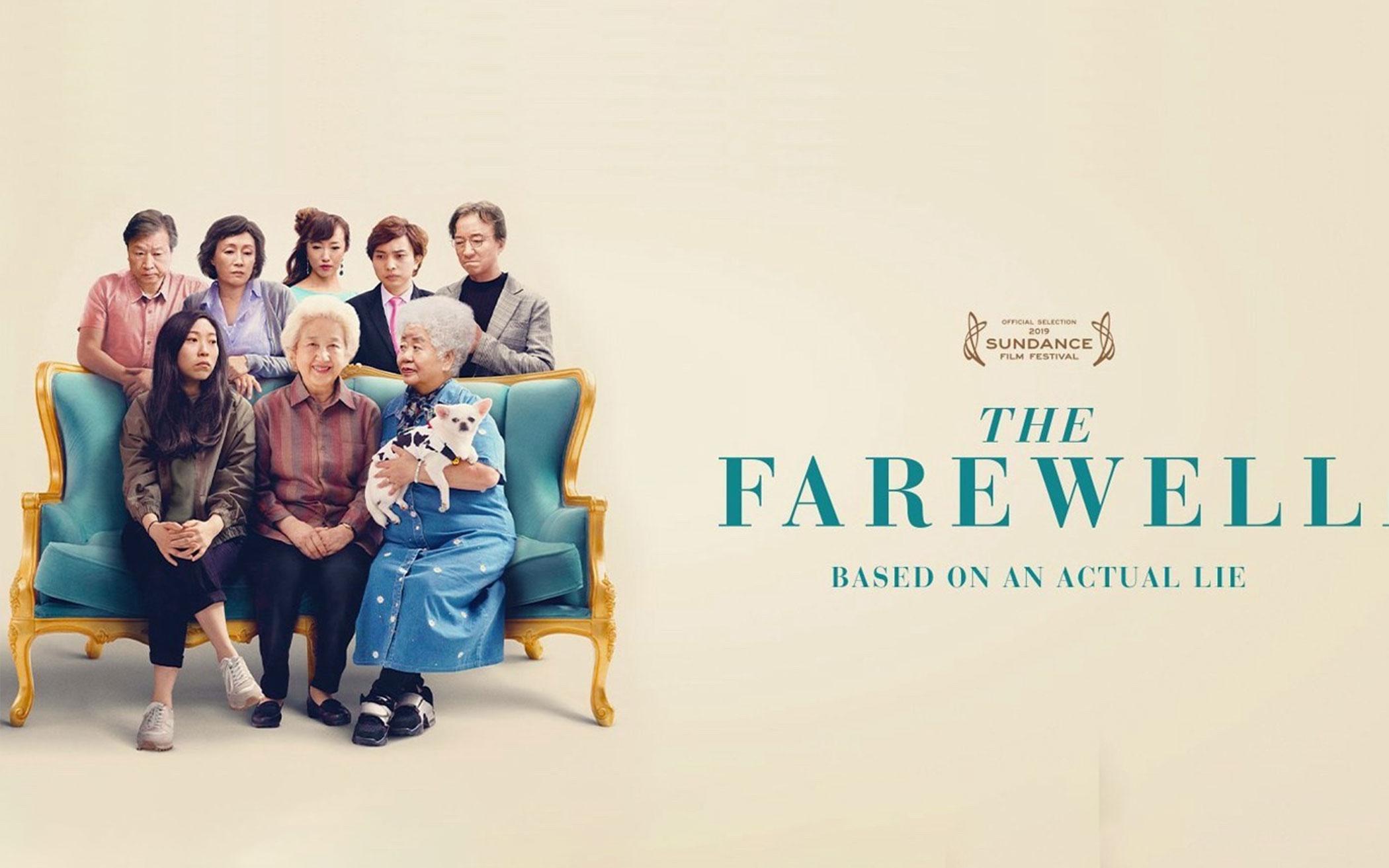“Close,” “intimate,” “strange,” “surprising,” all describe how The Farewell is shot and the story and family it shares.
Billi (Awkwafina), a struggling writer, travels with her parents to visit her grandma, Nai Nai in Mandarin (Zhao Shuzhen), in China. Nai Nai has been diagnosed with advanced cancer, but she doesn’t know, which, according to the film, is traditional in Chinese culture. Billi argues with her family that they should tell Nai Nai, but the family vows to lie to Nai Nai so her last months will not be overwhelmed with fear.
The Farewell is not the comedy it’s billed as. It is funny in well-timed moments, like when Nai Nai tries to set Billi up with her doctor.
Awkwafina is brilliant, trading the loud, humorous character of both Crazy Rich Asians and Oceans 8, for earnest empathy mixed with doubt and disappointment. It’s her disappointment that has caused Billi to sort of fold in on herself, which is clear in her body language and expressions. In a story depending on subtitles and camera shots to convey tone, this actress subtly but powerfully builds the story in every scene.
Not every aspect of the film adds to the story or makes sense. Extended shots on the back of people’s heads might convey emotional distance, or they might be arbitrarily “artsy.” Images, like a bird that gets trapped in Billi’s apartment, and themes, like her father’s alcoholism, flit in and out without resolution.
But The Farewell is a beautifully innocent story that makes its purity of heart apparent by proximity to dark, tragic things. Like shots of people’s backs, cancer, cigarettes, broken relationships, disappointment, and fear are only ever glimpsed off to the side, through half-open doors. In a way, this makes the film that much more real and authentic. Fiction can be clean, every scene contributing to the narrative arc. Life is messier, surrounded by the frayed ends of countless little stories not neatly woven into the big moments of loss or joy. Some viewers might critique this storytelling style as distraction, or abstraction; I found it fresh.
On the whole, the film feels both familiar and foreign. It is about the second-generation immigrant experience and the tension of living between East and West. But it breaks new ground in the story, revealing a tenderness between East and West. The film is mostly in Chinese with English subtitles, but the viewer never feels exterior to the story. Wang takes her time, on shots, dialogue, and story. It’s a kind of grace to the audience, like what Nai Nai receives from her family.
In the most powerful scene, Billi’s uncle passionately responds to Billi’s pleading, to tell the truth. “That is the difference between the East and the West,” he says. “In the East, your life is part of a whole … you want to tell her because you are afraid to be responsible for her … .” He insists that the truth is a burden Nai Nai’s family will carry for her.
In contrast, Nai Nai worries frequently about Billi being “all alone.” It surfaces a tension between independence, which Nai Nai applauds, and depending on someone else for care. It even asks the question if love is truly universal or different in different contexts or cultures. As intimate as it is, the film retains some mystery as to the answer.
Another of The Farewell’s good lessons is the importance of hearing stories in languages you do not speak. But the anchoring theme is familiar—love is so much more than traded emotions, symbiosis, or obligation; love is a shared smallness in the embrace of a bigger story. It’s an immortal, resurrecting message, one which daily transcends culture and cancer. (Big Beach)
About the Author
Emily Joy Stroble is a graduate of Calvin College, art maker, mocha drinker, and reader of many books. A regular contributor to The Banner and perpetual student of the world, Emily lives in Grand Rapids, Mich.

